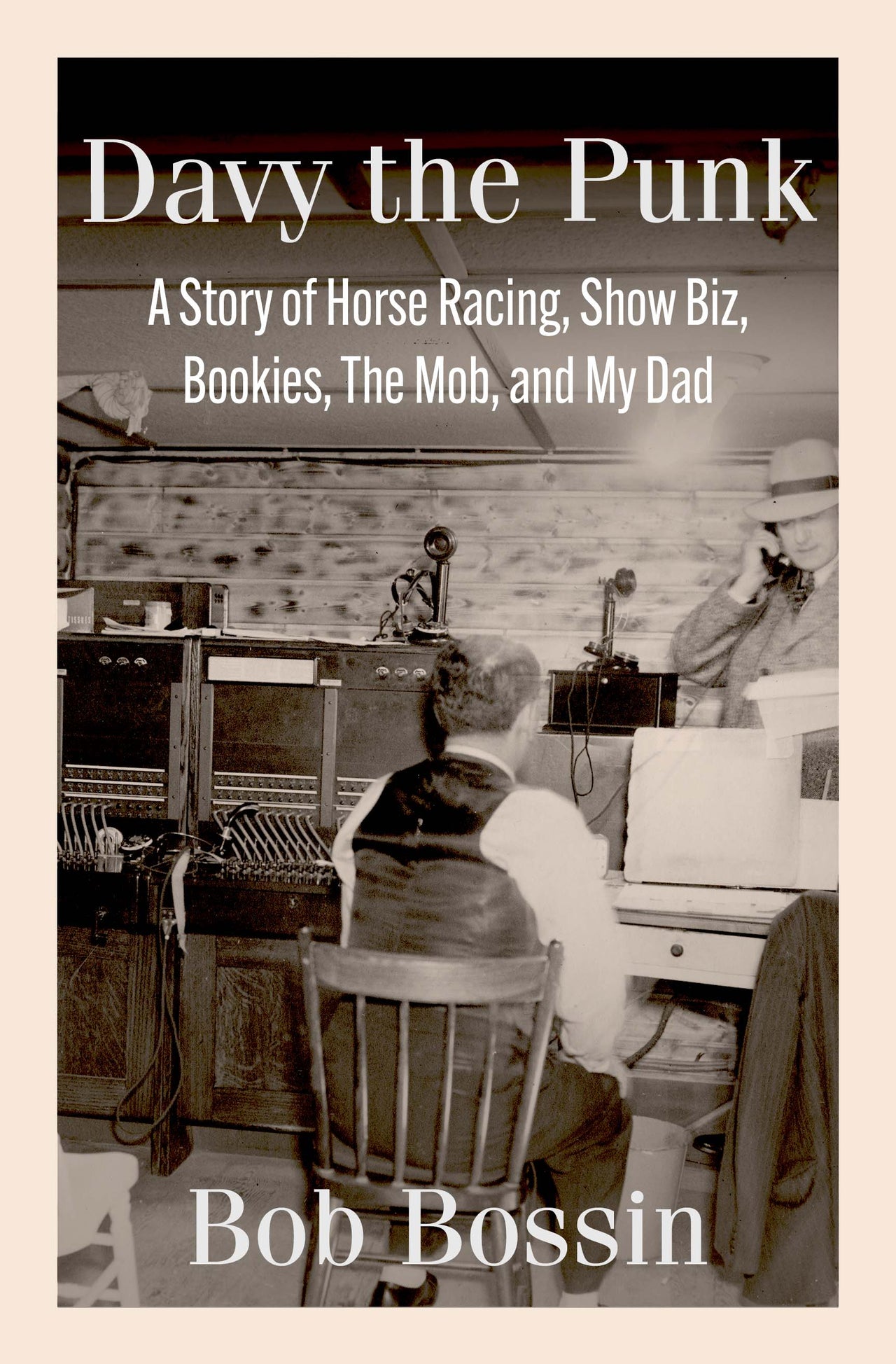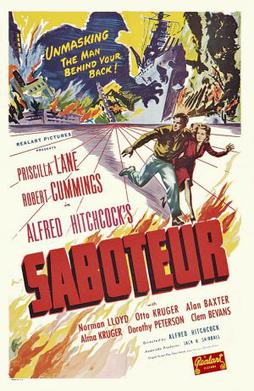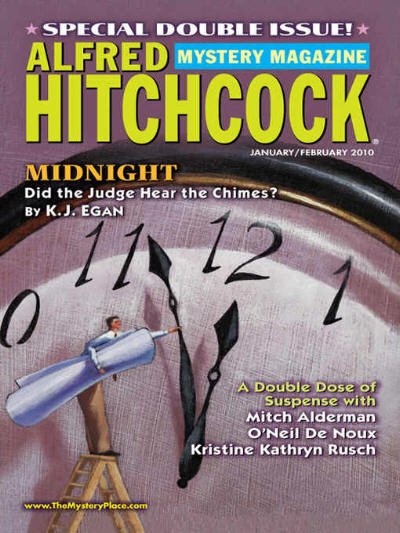by Eve Fisher
Constant Reader (me) is part of an Anthony Trollope Group that has almost as much fun as we do here. A while back we read (okay, re-read, we've worked our way through the canon more than once) The Way We Live Now (which was done in pretty fabulous manner by the BBC with David Suchet as Melmotte the Swindler, and available on Britbox). TWWLN is the story of a financial swindler (Melmotte), who is running a railroad scam / ponzi scheme (no, this is not a spoiler alert) in 1873 London. The not-surprising part (to us moderns) is how many people are quite willing to throw in tons of money to get in on the pot of gold. Major characters include a noblewoman who writes bad novels and bad history and gets them published by "persuading" critics to praise them, her rotter/rotten son, her virgin daughter, the virgin's two suitors, a feisty American woman who's shot a man in her day, and the most feckless county family in literary history, which hands over title deeds as if they're just another cup of tea. Great stuff.
Now in its day, TWWLN was seen as a semi-comic satire, a bit vulgar, and a bit over the top, not the towering novel that many modern critics perceive it to be. It did not make that big a ripple in the small Victorian pond, but is now considered to be Trollope's masterpiece, and one of the greatest Victorian novels ever.
Anyway, I started thinking about the contemporary view of shows like "Boston Legal" or "The West Wing" or "The Good Wife" or "House of Cards" or "Succession", etc. v. what (if any) media studies of them will be done a hundred years from now. First of all, a lot of the true meaning of it will be lost. I loved "Boston Legal" back when it was a hit show and watched it religiously every week. So when it finally hit syndication I sat down and watched with eagerness - and realized that half the punch lines weren't relevant anymore. "Ripped from the headlines" means that, when you've forgotten the headlines, there's not a lot left. On the other hand, there are some shows and some themes that will probably be obvious to the future historian that aren't to us.
So what about novels?
From https://lithub.com/these-are-the-10-best-selling-books-of-the-decade/ for 2010-2019:
1. E. L. James, Fifty Shades of Grey (2011) – 15.2 million copies
2. E. L. James, Fifty Shades Darker (2011) – 10.4 million copies
3. E. L. James, Fifty Shades Freed (2012) – 9.3 million copies
4. Suzanne Collins, The Hunger Games (2008) – 8.7 million copies
5. Kathryn Stockett, The Help (2009) – 8.7 million copies
6. Paula Hawkins, The Girl on The Train (2015) – 8.2 million copies
7. Gillian Flynn, Gone Girl (2012) – 8.1 million copies
8. John Green, The Fault in Our Stars (2012) – 8 million copies
9. Stieg Larsson, The Girl with The Dragon Tattoo (2008) – 7.9 million copies
10. Veronica Roth, Divergent (2011) – 6.6 million copies
So the best-sellers of the last decade are 3 soft-core BDSM; 2 unreliable female narrators; 2 young adult dystopian novels; 1 on race relations in the pre-Civil Rights Era South; 1 revenge spy conspiracy thriller; and 1 (The Fault in Our Stars) that would have had any Victorian reader sobbing their hearts out and made it #1 for YEARS. It would be interesting to see what the future analysis will be of that.
I would be more depressed by this, except that the best-selling books (by # of books sold, not of how highly they were rated or remembered) of Victorian times included:
Ann Radcliffe, The Mysteries of Udolpho (1794), perhaps the most popular of the Gothic novels (i.e., horror novels), dripping with enough gore and decaying corpses to make Bram Stoker's Dracula look pretty tame. BTW, Jane Austin's Northanger Abbey is a combination homage and satire of Radcliffe novels, and all Jane's readers knew it. For one thing, the characters and the omniscient narrator all quote from Udolpho all the time.
NOTE: The very first Gothic horror novel was The Castle of Otranto (1764) by Horace Walpole, 4th Earl of Orford and Whig politician. Mary Shelley's Frankenstein (1818) was also considered part of the Gothic fad, which hasn't faded yet.
Elizabeth Braddon, Lady Audley's Secret (1862) - Unreliable narrators abound. And no, the secret is not what you think you know from the beginning.
Mrs. Henry Wood, East Lynne (1861). Seriously, probably the #1 bestseller of the entire age, and was transformed into a play that was performed well into the early 1900s in Britain and America. There were also a few movie versions.
Plot: Young woman marries honorable but boring guy; later runs off with an old flame who is a complete cad; is seduced and ruined; returns to her former home in disguise (her boring Hero husband has remarried) to be the governess to her own children, one of whom dies; she dies shortly thereafter; weepy deathbed scenes ensue. There's also a complex secondary plot that involves a slut (I'm being kind) and her two lovers, a nobleman and a lawyer's son (who happens to be the brother of the Hero's second wife), one of whom murders the slut's father.
Now in True Confessions: Sixty Years of Sin, Suffering and Sorrow, there are no less than 3 adaptations of East Lynne over the decades under the names of My Mad Elopement, My Own Story of Love, and Playing With Fire. That plot has LEGS.
The Woman in White by Wilkie Collins (1860) - Loaded with unreliable narrators, shifting personas, endless secrets, kidnapping, murder, and switching bodies... This one also started a whole fashion in women's dress, style, and even in perfume. (Yes, there was a perfume called "Woman in White".)
But the biggest sellers of all were the Penny Dreadfuls. A weekly dose of 6-12 pages of sensation: murder, crime, the supernatural, detection, and each one only a penny. Now that a working class bloke could afford. And if you couldn't, you could club in with another bloke, half-penny each, and buy it. Popular characters included Sweeney Todd, Dick Turpin (highwaymen were very popular), Spring-heeled Jack (a ghostly monster who had claws and breathed fire), vampires, ghosts, etc.
Some were rewrites of Gothic and other thrillers. What eventually ended the Penny Dreadfuls were what A. A. Milne called the "ha'penny dreadfuller". Those started out as high minded moral tales, but ended up the equivalent of the Grand Guignol - extremely graphic horror / thriller / monster tales. Basically, I blame the creation of Hannibal Lector on Penny Halfdreadfuls. They were that graphic.
But what about tearjerkers, you ask? Oh, my dear, the Victorians took that old tearjerker (1748) Clarissa, and polished it up to a faretheewell.
You want weepy deathbeds? The Heir of Redclyffe by Charlotte Yonge, Dickens' The Old Curiosity Shop (the death of Little Nell...), Little Women by Louisa May Alcott (the death of Beth...), and many, many more.
You want star-crossed lovers? You can start off with the Bronte sisters: Jane Eyre and Wuthering Heights, and move on to George Eliot's The Mill on the Floss, Charlotte Yonge's The Daisy Chain, and the most harrowing of all, Thomas Hardy, who specialized in them for reasons of his own: Tess of the D'Urbervilles, Jude the Obscure...
So what do we learn from this?
Horror and gore always sells, and there never have really been many, if any, limits on it.
Sex, of course: the Mysteries of Udolpho, Dracula, Dr. Jekyll and Mr. Hyde and the Penny Dreadfuls all have a lot of sexual innuendo which were obvious to the Victorian / Edwardian reader.
Complex tales of adultery and murder always keep people fascinated until the last page is turned.
And when you want a good cry, have one of them die young and/or star-crossed or both...
Some things never change.












%20(1).jpg)




















